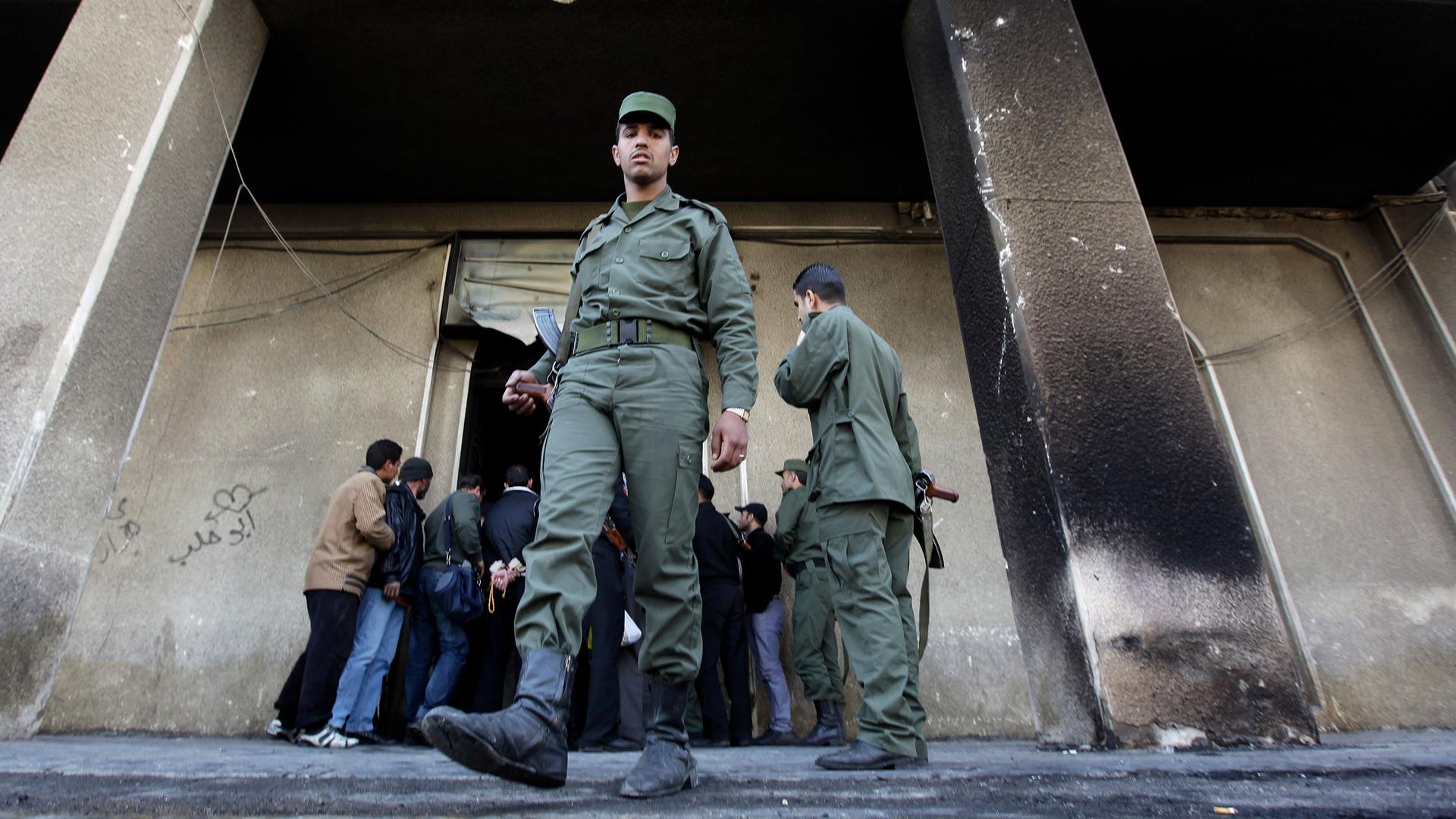Civil workshopping: Part II
This analysis was featured in Critical State, a weekly foreign policy newsletter from Inkstick Media. Subscribe here.
When a state builds a standing military, it is forging a promise in blood: In exchange for pay, privilege, and weapons, the armed forces will become synonymous with the state, fighting to preserve it against internal and external threats. Indeed, 75% of the time when a state falls to armed rebellion, it is because forces outside the military take up arms. Coups, where the military itself seizes the state, constitute just over 13% of armed takeovers. But in 11.2% of cases, it is the splintering of the military itself that causes the rebellion, leading to open conflict among the formerly unified armed agents of the state.
“State breakdown and Army-Splinter Rebellions,” the new paper by Theodore McLauchlin from which those above statistics are drawn, looks at what factors can lead an army to fracture instead of launching a coup. Examples of this include the breakdown of military unity in Lebanon in 1976, of Libya and Syria in 2011, and in conflicts beyond that. When a personalist regime falters, or when foreign support for a national unifying figure is withdrawn, it opens the possibility that some portion of the military will go directly into rebellion, instead of trying to assert itself as the new head of a collapsing government.
“My findings show that regimes that protect themselves well against coups are far from invulnerable to military disintegration,” McLauchlin writes. “Instead, their armies can fall apart in a different way: when soldiers directly launch civil wars.”
Even in cases where army rebellions fought and quickly won control of the state, McLauchlin distinguishes rebellions from coups based on the preparation and form of action taken. If any army prepares for and wins a short war, that’s distinct from an army seizing the government all at once. The choice to rebel matters, in part because of what it shows about the government being rebelled against.
In personalist regimes, those centered around authoritarian figures and molded to the preferences of such a leader, it is likely that the leader has taken considerable effort to coup-proof the military. If potential rebel leaders are kept away from the capitol and locked out of positions that would allow them to organize openly and claim to represent the whole of the military, then building power and networks gradually, while avoiding surveillance, lets the rebels prepare for a rebellion on their own terms.
“Personalist rulers are not only likelier to lose power violently when they lose power (Geddes, Wright, and Frantz 2014, 321), to engage in international conflict (Weeks 2012), and to have ineffective armed forces (Talmadge 2015),” concludes McLauchlin. “They are, additionally, especially prone to the direct resort to rebellion through army-splinter rebellions.”
Because personalist regimes are increasingly common, it is worth understanding their propensity to violence, the limits of their ability to achieve political aims with that violence, and how risky it is that when they collapse, it will come not with a smooth transition of power but instead a new, potentially lengthy war, one sparked by defection among armed forces.
This paper offers a warning to authoritarian regimes, and also a word of caution to foreign backers who would arm them. If the weapons handed over are left in the hands of a military prone to shatter, any peace kept by threat of violence is only at best a mirage.
Related: Civil workshopping: Part I
Critical State is your weekly fix of foreign policy analysis from the staff at Inkstick Media. Subscribe here.
